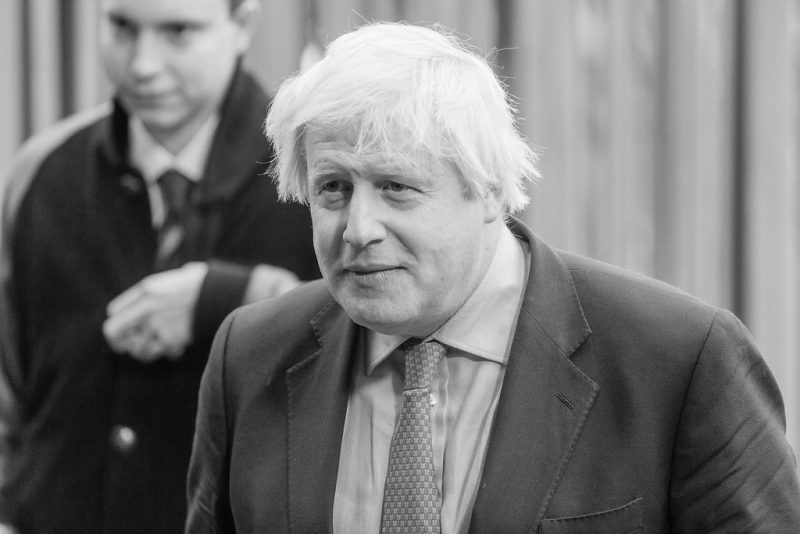Boris Johnson’s decision to postpone next year’s planned cut in corporation tax is risky – both as a piece of politics and as economics. If anyone can sell it, I suspect that he can, but it’s still not necessarily a good move.
To recap, the main rate of corporation tax was 28% in 2010 and has since been cut in stages to 19%. In 2015 the Government announced a further reduction to 18% from April 2020, which was changed a year later to 17%. The Prime Minister’s announcement today means that rate will remain at 19% for the time being.
Politically, there’s a risk that this move could backfire. It could be seen as Labour-lite, an admission that the previous strategy was a mistake while falling well short of Labour’s 2017 Manifesto commitment to reverse the bulk of the Tory cuts, taking the main rate back to 26%.
On the other hand, it’s not right to describe Johnson’s decision as a ‘U-turn’. The direction of travel is – hopefully – still the same, even if the journey has been paused. It is the Labour Party that is proposing to raise taxes on corporate profits from their current level. The announcement is also being spun more positively as the new Prime Minister responding to popular priorities, especially increased funding for the NHS.
Economically, the decision is risky too, though few will look beyond the headlines. Most economists and tax specialists agree that corporation tax is a particularly inefficient tax. Making businesses ‘pay their fair share’ might be a good soundbite, but the reality is that all taxes are ultimately paid by people, including employees and customers, as well as shareholders.
What’s more, while the announcement might sit well in the electoral cycle, otherwise the timing is bad. Brexit uncertainty has already hit investment and delaying previously announced cuts in corporation tax is not sending a great signal to global businesses.
It’s not even sure that the move will raise a lot more money. On paper, keeping the main rate of corporation tax at 19%, rather than cutting it to 17%, could bring in an additional £6 billion a year. But this figure is based on the HMRC’s ready reckoners for the direct effects of tax changes. These do not take account of the impact on revenues from other taxes, or wider economic factors, such as the impact on investment, which will presumably be negative. Indeed, the Government’s 2016 announcement cited official analysis which showed that the cuts in corporation tax since 2010 ‘could increase GDP by between 0.6% and 1.1% in the long run’. What’s changed?
Admittedly, a glance at the OECD’s database confirms that, even at 19%, the UK’s main rate of corporation tax is already one of the lowest in the developed world. But that’s surely a position in the league table that’s worth keeping, especially when the global trend in tax rates is firmly downwards.
Consistent with this, other OECD analysis for a wide range of economies shows that the average corporate tax rate has fallen from 28.6% in 2000 to 21.4% in 2018. Despite this – or perhaps because of it – the share of corporate tax in total tax revenues has actually increased, on average, and has also held up well as a percentage of GDP. Of course, there have been other shifts happening too, including a reduction in the labour share of income in many countries. But the onus is on advocates of large increase in corporate tax rates to make the case for bucking this trend.
I might be more sympathetic if there were more certainty that any revenue raised from higher corporate tax rates would be used to tackle other problems in the taxation of companies, such as the UK’s relatively high effective marginal rate on new investment, or to pay for a reduction in the burden of business rates. But if the money has already been committed to the NHS, it cannot be spent twice.
Overall, Johnson’s announcement is not a complete change of tack and it is perhaps significant that business leaders – including his CBI audience – seemed fairly sanguine about the news. But tinkering with tax rates is rarely a good idea, especially when much more fundamental reform is required.








